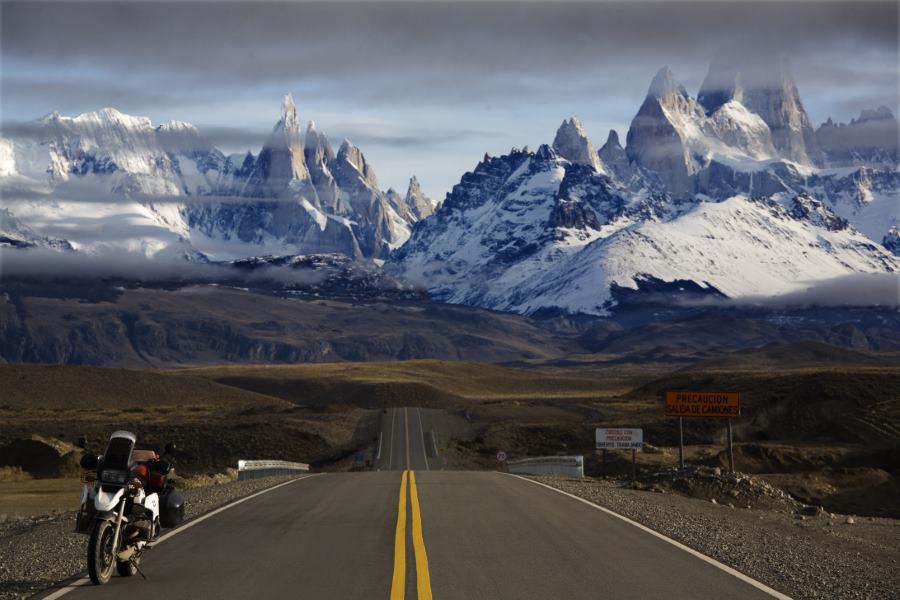Quote:
Originally Posted by ridetheworld

That information was compiled by the MET office, and supported by NASA and NOAA
|
They are all dissected in earlier posts in this thread.
The Met office has lost it's contract with the BBC for weather forecasting which used to be their primary reason d'etre.
You might like this read however.
Climate and Brexit | Climate Scepticism
Here's a feeling for it (for those who don't like links):-
I think both issues contain a camp that is attracted by grand schemes to determine our collective future. One sees the EU as a wonderful opportunity to do away with borders, share capital and people, stop wars, develop common standards for this and that (including toasters – an area of overlap with the next group), and so on and on, with the alternative being wars, nasty nationalisms, fortress mentalities, general gloom and despair, and too many toaster-power options. The other sees CO2 as a wonderful opportunity to control just about everything, specifying allowed behaviours – including how much power we can feed into our toasters, and so to the promised land which we are assured will be both ‘sustainable’ and ‘resilient’, with a pleasant and familiar climate to boot. Their alternative scarcely bears talking about
: all the coastal cities under water, fearsome storms wracking where and what they have never wracked before, species disappearing like snow off a dyke (Scots vern.), tropical folks baked to well-done, and eskimos to medium-rare, and worse, oh much worse.
But one shared flaw (and I do suspect there may be one or two others) of these camps is their pretension to knowledge of how to do it, their marvellous assurance of what the future holds if we do this or that, follow them or disregard them.
Thomas Sowell has their number:
One of the most important questions about any proposed course of actions is whether we know how to do it. Policy A may be better than policy B, but that does not matter if we simply do not know how to do Policy A. Perhaps it would be better to rehabilitate criminals, rather than punish them, if we knew how to do it. Rewarding merit might be better than rewarding results if we knew how to do it. But one of the crucial differences between those with the tragic vision and those with the vision of the anointed is in what they respectively assume that we know how to do. Those with the vision of the anointed are seldom deterred by any question as to whether anyone has the knowledge required to do what they are attempting.
Sowell’s ‘anointed’ are those convinced by grand schemes or visions for the future of mankind under the firm control of elites (the ‘anointed ones’). His ‘tragic’ ones are those with more modest expectations, those more inclined to accept the ‘ancient Greek sense of tragedy’: ‘inescapable fate inherent in the nature of things’. In my interpretation of this, we are dealing with on the one hand, the authoritarian left, and on the other, a somewhat libertarian right who see the left as hopelessly deluded about the probabilities of success for their schemes. Thus wishing to control the climate or wishing to control society are both doomed to disappointment when the complex realities of both assert themselves

















 139Likes
139Likes












 Hybrid Mode
Hybrid Mode









